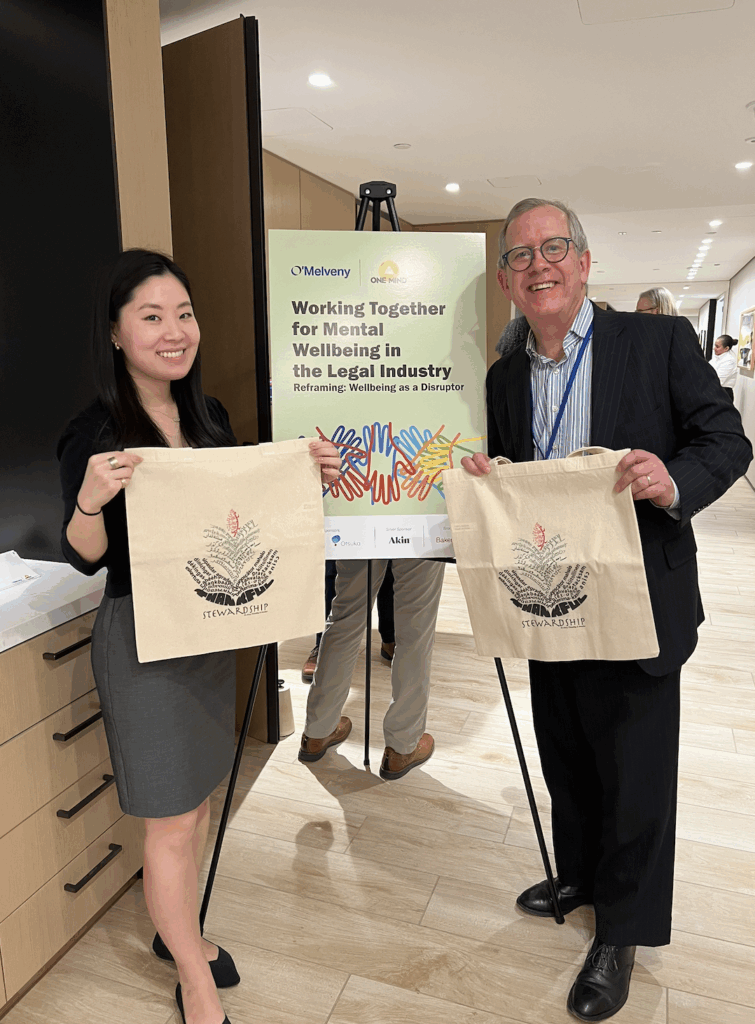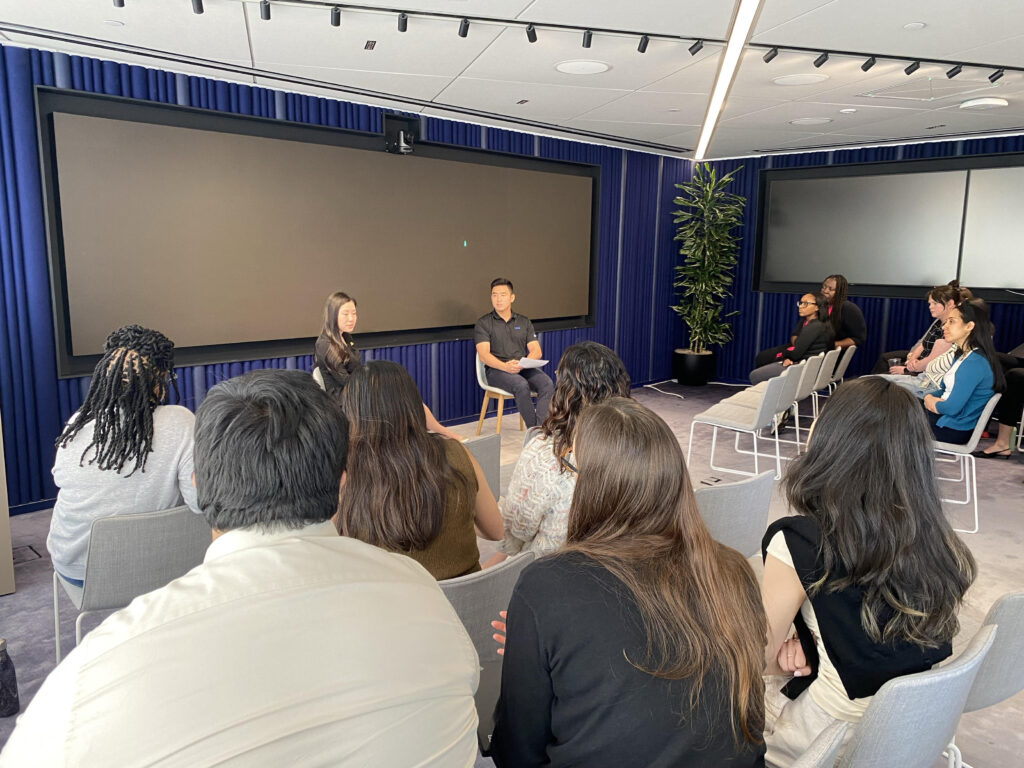Leadership Engagement as a Strategic and Moral Imperative
We empower Japanese corporate leaders to prioritize mental health and well-being as both a business and human imperative, embedding it into the culture and operations of their organizations.
The Japan Mental Health Well-being Leadership Coalition brings together corporate leaders from both Japan and the United States to advance workforce mental health and well-being. We engage Japanese and global corporations operating in Japan, as well as Japanese subsidiaries based in the U.S., to build shared solutions and strengthen mental health and well-being support for employees and their families.
This work is grounded in science, strategy, and global collaboration, guided by the following partners:
Columbia University Mental Health + Work Design Lab leverages extensive scientific expertise to provide thought leadership, content expertise, and strategic guidance on advancing mental health and well-being at work.
One Mind at Work is a global coalition of organizations committed to the development and implementation of a gold standard for workplace mental health and well-being.



We advance a global movement led by Japanese and global corporations in Japan, along with Japanese subsidiaries in the U.S., committed to transforming workplace culture through mental health and well-being. By uniting leaders across regions and sectors, we aim to build a future where mental well-being is embedded into business strategy, organizational design, and daily operations – guided by data, shaped by culture, and sustained by leadership.
The average professional spends 90,000 hours at work over the course of a lifetime. Employers have a unique opportunity – and responsibility – to create mentally healthy workplaces by reducing exposure to psychosocial risks and hazards, promoting capacity building and stigma reducing efforts, and providing high-quality, easily accessible care. For Japanese industries, this work is especially urgent amid a shrinking workforce, growing competition for talent, and increasing expectations around mental health and well-being in the workplace from younger generations.


Japanese expatriates and their families face significant challenges, including cultural and workplace adaptation stress, language barriers, limited access to culturally competent care, and heightened isolation, all of which impact overall well-being and job performance.
According to the U.S. Bureau of Economic Analysis, majority-owned Japanese affiliates employed nearly one million Americans in 2022, making Japanese corporations the second-largest foreign employer in the U.S. They contributed $174.4 billion to U.S. GDP, invested $57.7 billion in capital projects, and conducted $11.5 billion in research and development.
In addition, the July 2025 U.S.-Japan Strategic Trade and Investment Agreement secured an unprecedented $550 billion Japanese investment vehicle directed toward rebuilding and expanding American industries. This represents the largest foreign investment commitment ever made in the United States. Together, these figures highlight not only the economic interdependence of the U.S. and Japan, but also the vital importance of ensuring the mental health and well-being of the workforce and families who sustain this partnership.
From expert-led workshops and panel discussions to lectures and global webinars, our gatherings explore critical topics such as culturally responsive care, corporate leadership in mental health, and the future of workplace well-being.
We invite you to join us at one of our upcoming events and be part of this growing movement to transform workplace culture and strengthen mental health for Japanese professionals and families worldwide.
Please contact Haruka Kokaze at haruka.kokaze@onemind.org or use the form below.
"*" indicates required fields